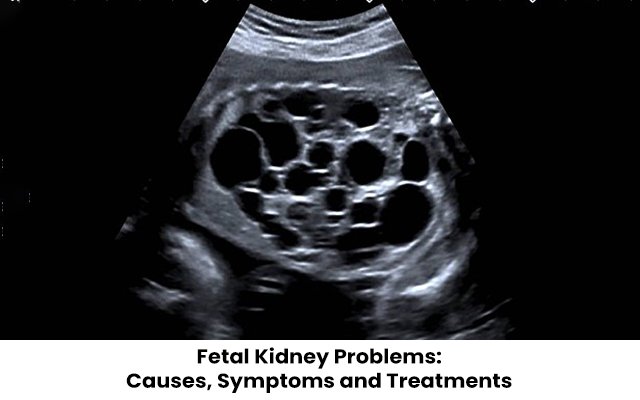
by Fetomat Wellness | Jun 11, 2025 | Blogs
For many families, hearing that their unborn baby may have a kidney issue can feel overwhelming. But with the right support and guidance, it becomes much easier to understand the problem and what can be done about it. Fetal kidney problems refer to issues in the...

by Fetomat Wellness | May 21, 2025 | Blogs
Pregnancy is supposed to be all about joy and anticipation of having a new member around. But when a routine scan reveals a possible fetal abnormality, everything can suddenly feel uncertain. If you are facing this, you are not alone, and most importantly, there is...

by Fetomat Wellness | May 14, 2025 | Blogs
The quadruple marker test or a quad screen is a blood test recommended during the 15th and 20th week of pregnancy. It helps detect birth defects and genetic conditions in the developing baby. Read on to know more about this test and why it’s done. What Does a...

by Fetomat Wellness | Apr 24, 2025 | Blogs
A high-risk pregnancy refers to a situation where either the mother or the baby has an increased chance of complications. Be it maternal health issues, multiple pregnancies, or a history of pregnancy complications, women with high-risk pregnancies often require...

by Fetomat Wellness | Apr 14, 2025 | Blogs
Whether it’s your first pregnancy or you’ve been through this before, the first scan provides essential information about your pregnancy and offers reassurance. If you’re wondering what to expect, what it can reveal, and how to prepare for it. When is the...

by Fetomat Wellness | Mar 20, 2025 | Blogs
A high-risk pregnancy can pose serious health risks for both the mother and baby. Monitoring the pregnancy is important as it lets doctors keep track of the mother’s and the baby’s well-being. Know more about high-risk pregnancy monitoring from our maternal-fetal...







